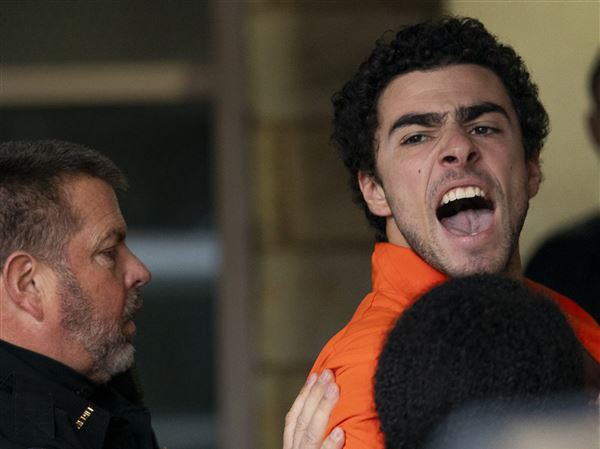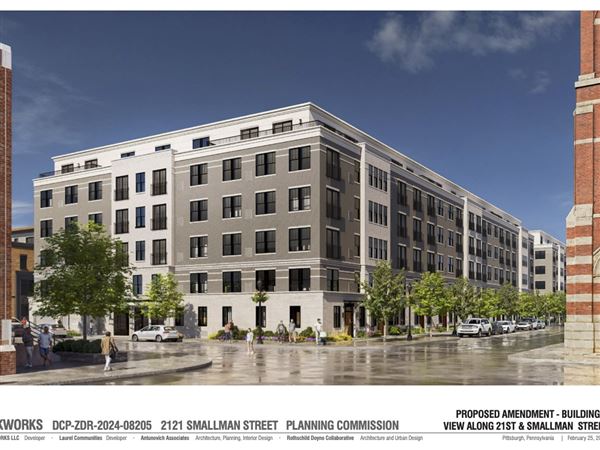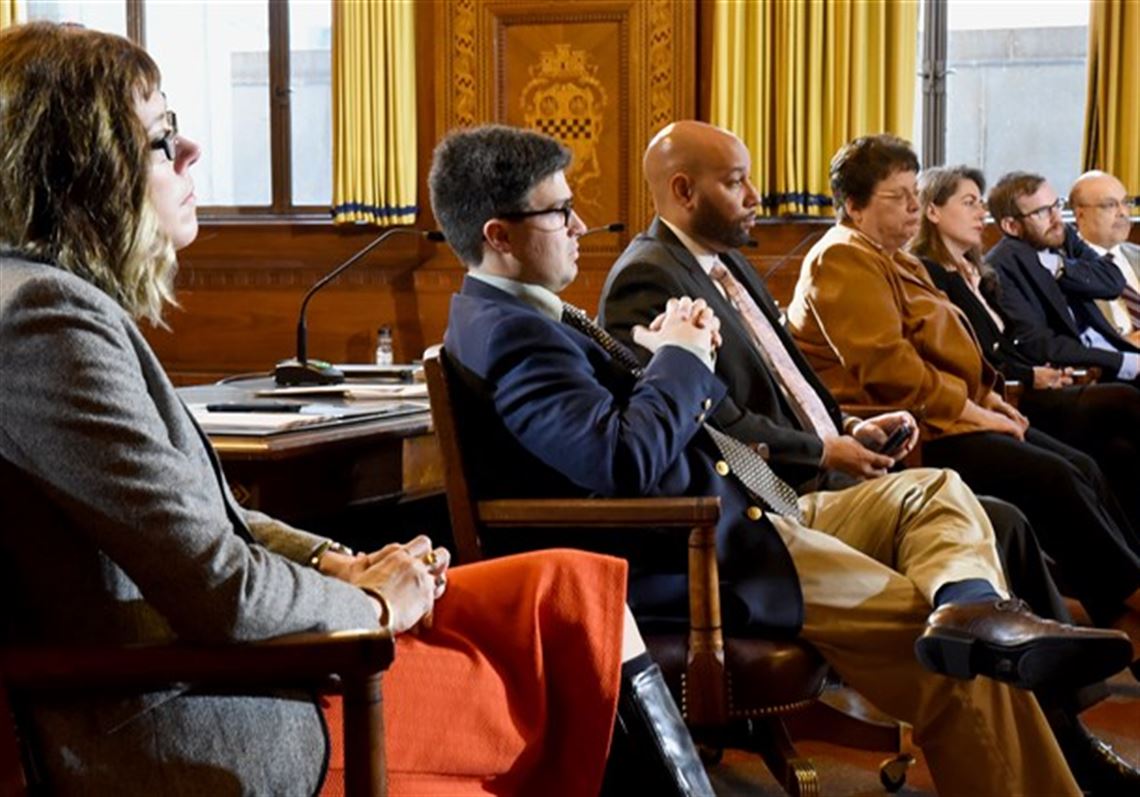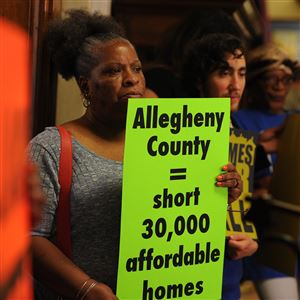Pittsburgh City Council forged ahead Monday with several high-profile measures, including plans to add several hundred more body-worn cameras for city police.
Council members also supported a resolution on climate change, passed a streets policy and addressed an affordable housing proposal that will return for discussion next week.
“The market will not build affordable housing,” said Councilman Ricky Burgess, an outspoken advocate for the proposed Housing Opportunity Fund. Rev. Burgess aired an impassioned argument for the trust fund plan, which would ultimately allocate $10 million a year for housing rehabilitation loans, grants and other home assistance for low- and moderate-income people.
A housing task force has said the city faces a shortage of about 17,000 affordable rental units for those earning less than 50 percent of the area median income. The median amounts to about $35,600 for a family of four.
The Urban Redevelopment Authority would administer the trust fund under a governing board, according to legislation amended Monday. Council has yet to establish a funding source but has eyed an increase of one percentage point in the city’s realty transfer tax. Some real estate agents have opposed that revenue suggestion.
“It’s one more obstacle, one more deterrent to buying a home in the City of Pittsburgh,” Councilwoman Theresa Kail-Smith said of a higher transfer tax. Councilwoman Darlene Harris voiced similar concerns. Both said they support the core goal of strengthening affordable housing.
Councilman R. Daniel Lavelle, the housing legislation’s sponsor, said council members were still analyzing options for funding. He would like to have that question resolved by next month, he said. Council President Bruce Kraus has said the body should vote by year’s end on whether to create the trust fund.
In other business Monday, council:
• Gave preliminary support to a $1.5 million deal that would provide 550 more body-worn cameras and related data services for city police. The proposed, five-year agreement with Scottsdale, Ariz.-based Taser International Inc. would supply so many devices that most uniformed and some plainclothes officers would wear them on duty, according to city officials.
The cameras “protect both the private citizen and the officer in numerous ways,” Councilman Dan Gilman said. “It should be a no-brainer.”
Pittsburgh police Cmdr. Ed Trapp said rolling out the new cameras across the city police force would take about six months, starting with Zone 1 in the North Side. Council could take a final vote on the expenditure as soon as next week.
The city now has about 120 body cameras. Officer Robert Swartzwelder, president of Fraternal Order of Police Lodge No. 1, could not be reached for comment. Last week, he said requiring wider use of body cameras would be subject to union negotiations.
• Voted final approval to a Complete Streets Policy. The policy requires that the city consider “all users,” including pedestrians, mass-transit riders and people with disabilities, when planning roadways.
• Backed a resolution urging Congress to tackle climate change. The measure encourages federal lawmakers to promote cuts in greenhouse gas emissions from fossil fuels.
Adam Smeltz: 412-263-2625, asmeltz@post-gazette.com, @asmeltz.
First Published: November 22, 2016, 5:17 a.m.

















